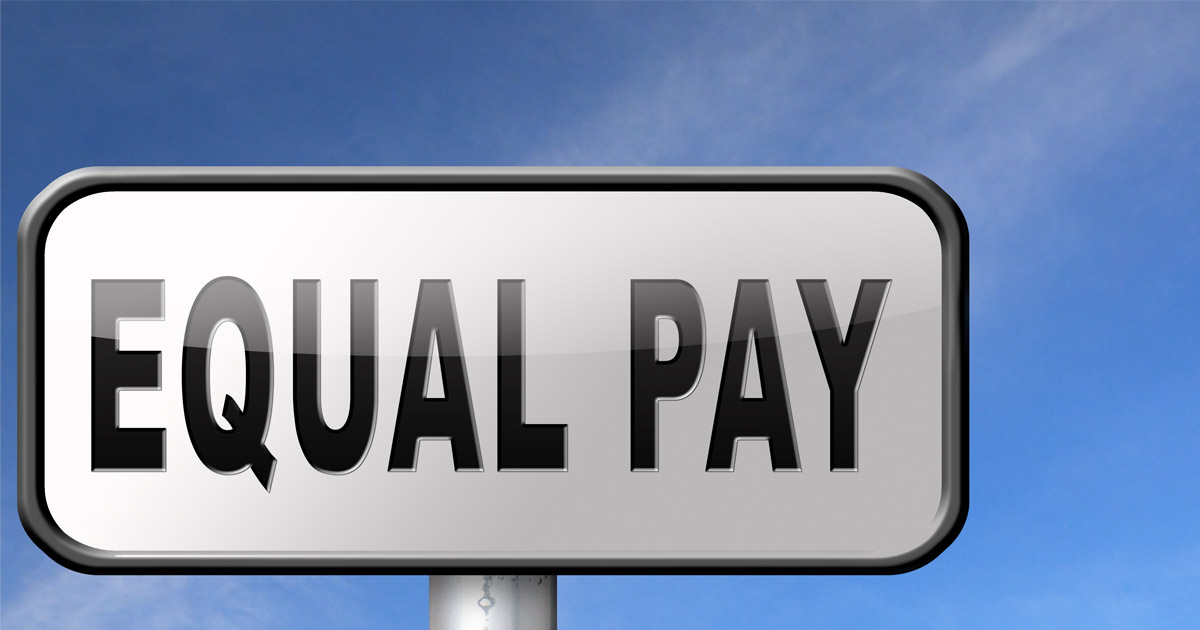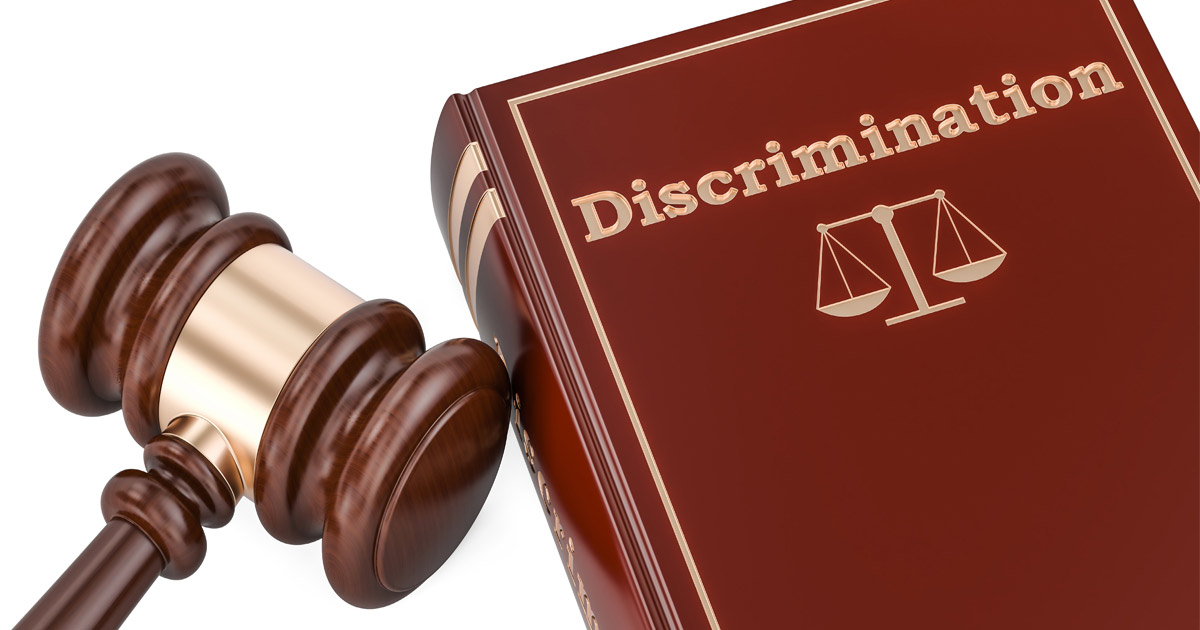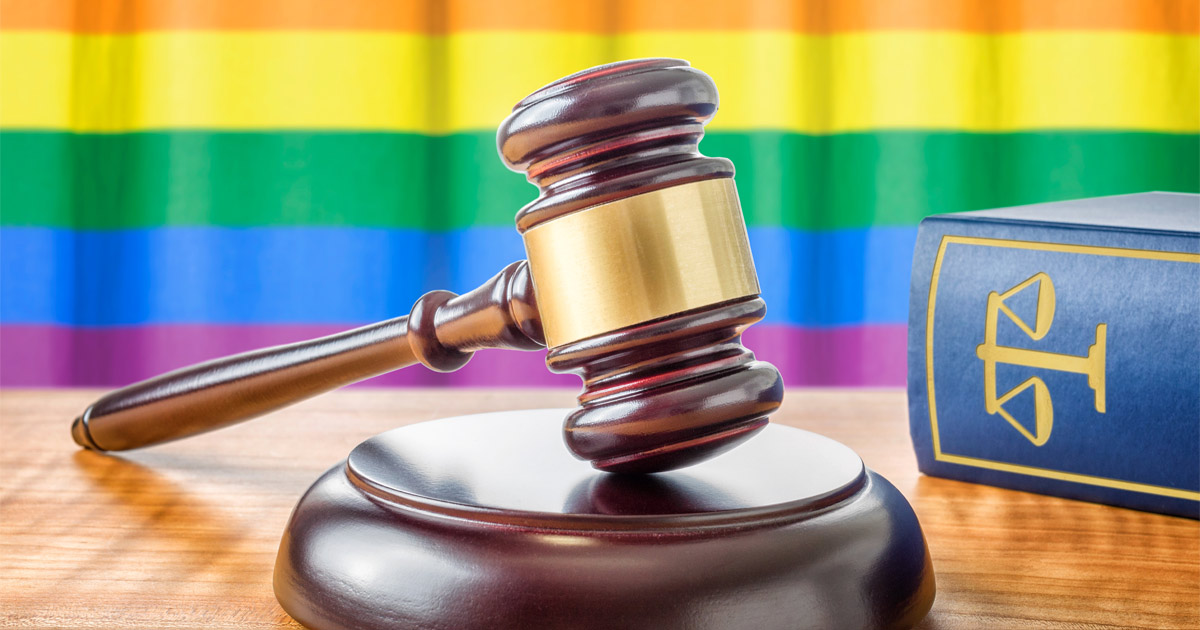Equal Pay Lawsuits Filed by Female Professors

Equal pay is a constant fight for women in the workplace. Despite having similar or better credentials, women are still being paid less than their male counterparts. No matter the profession, gender discrimination happens in all workplaces, especially within those with a high population of older men. Women must work harder to prove themselves and may work their entire lives without being paid fairly in comparison to their male co-workers.
A law professor at the University of Texas School of Law recently filed an Equal Pay Act lawsuit due to the unfair pay she received in relation to her male co-workers. This complaint also alleges sex discrimination and retaliation under Title VII of the Civil Rights Act of 1964. This is not the first time that the law professor complained to the university about unfair compensation and sexual discrimination. She speaks out frequently about the pay inequality at the university, despite the school’s verbal negative perceptions of her and her actions.
A Texas judge granted the university’s motion to partially dismiss the law professor’s lawsuit due to a failed causal connection between her pay complaints and receiving the lowest raise of any school faculty member. Her claims are still ongoing.
Ongoing Claims
This is not the first woman professor to bring a lawsuit to court. At least five other equal pay lawsuits have been filed by female professors from various universities since 2016. These lawsuits have been filed due to the way universities determine compensation. Law school deans often have significant say in pay decisions, which can be tainted by gender bias and because many men in the teaching field gain more respect for research and writing, despite their lack of quality and importance in relation to their female co-workers. This increases the dean’s overall opinion of male professors and allows them to raise their salaries.
Gender discrimination and pay gap issues often occur in the workplace. Many situations go unnoticed because women are afraid of the consequences if they mention it to their bosses. The female law professor has been described as poison after she confronted the appropriate parties. Other professors who filed lawsuits also stated that they were removed from important committee assignments and ignored in the workplace. Words and actions like these are why women are afraid to take a stand against pay inequality.
Although there are many obstacles that women face in the workplace, especially when it comes to pay gaps, it is important to fight for equal compensation. Fighting for equal pay is an ongoing battle and requires female workers to stand up for themselves when they feel as though they are being treated unfairly.
Philadelphia Employment Lawyers at Sidkoff, Pincus & Green P.C. Fight for Equal Compensation in the Workplace
If you feel as though your pay does not match your abilities and that you are not being fairly compensated, contact the Philadelphia employment lawyers at Sidkoff, Pincus & Green P.C. for help. Our dedicated team understands the pay gap frustration and will work hard to ensure you receive proper pay. Gender discrimination is a serious issue that will only get resolved if we continue to fight for the rights of female workers. Call us today at 215-574-0600 or contact us online. Located in Philadelphia, we serve clients throughout Pennsylvania and New Jersey.






















